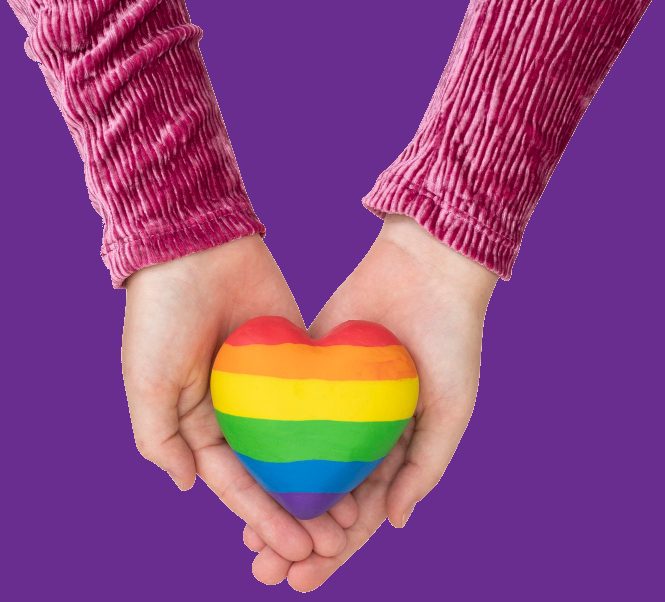“How do I know if a relationship is a good one or not?”
This was a question asked us by a local middle schooler. And while prevention educators know it’s important to talk about warning signs of relationships abuse, we know that what young people want is to know what makes a relationship “good”—what makes it work well— not only what to avoid. When we know what we want, it’s easier to recognize when someone is treating us in a way we don’t want.
If we only talk about warning signs and abusive behavior, we miss the opportunity to help people develop skills to build and maintain healthy relationships. Relationships take work; most all relationships have ups and downs and conflict. But the key is that in healthy relationships people feel safe and respected, even in times of conflict and stress. Giving youth and adults skills to promote healthy relationships is the best approach to abuse prevention.
TPN’s relationships education focuses on key aspects of healthy relationships: communication, empathy, trust, respect, consent, equality, honesty, responsibility, boundaries, independence, healthy conflict, kindness. When we talk about these qualities and teach people to recognize what they look and feel like—we are better prepared to recognize when one of those lines gets crossed.
Jealousy, for example, is a normal human emotion; the key is how someone handles jealousy. Do they talk it out? Or use it to control a partner? As part of our program, we ask young people what trust looks like to them: Being able to spend time with other friends? Not going through a partner’s phone to see who they are messaging? Being able to be in a friend group with an ex and not be accused of flirting? Thinking through real-life scenarios helps them discern where the line between respect and disrespect is.
Relationship experience conflict. But not all conflict turns into abusive behavior. Healthy conflict and coping skills are essential for healthy relationships. When we ask young people what healthy conflict looks and feels like, they say: talking it out, taking a break to come back to discuss later, taking responsibility for one’s own actions or “owning it” when a mistake is made. These healthy approaches are the counterpoint to accusations, silent treatment, name calling or other signs of unhealthy and abusive behaviors.
Healthy relationships education does not suggest that healthy relationships are perfect relationships. But respect is the boundary. Even in times of disagreement or conflict, in a healthy relationship there is no manipulation, threats, put downs or fear.
If we help elementary and middle school students build healthy relationships, we help prevent possible abusive relationships in high school. If we help high school and college age students recognize the signs of healthy relationships, we may help prevent abusive adult relationships. It’s all connected: what we learn about relationships as a young person follows us throughout our lives.
Let’s join together to help our young people start building respectful relationships at a young age. Friendships are a great place to practice healthy relationship skills. If you want more information about how to talk to a young person in your life about healthy relationships—or a potentially unhealthy relationship—call TPN. We are here to be your coach and ally as you help youth build strong, healthy, respectful relationships.
OUR TURN is a public service series made available by Turning Points Network in celebration of its 40th anniversary of providing violence-prevention education programs in our schools, services for survivors of domestic and sexual violence, and helping people move from the darkness of abuse toward the light of respect, healing and hope. For information contact 1.800.639.3130 or www.turningpointsnetwork.org or find us on Facebook.





